Drill Bits and Pieces
By Darin Williams
We need holes. Big holes, little holes – sometimes even holes in the middle of a desert.

In the old days (before electricity?), we could drill a hole by manual labor. Have you ever seen one of these?

Now, however, with the not-so-modern advent of alternating current, we can let electricity help us power our hole-making abilities, and that leads to a plethora of drill bit material types, coatings, sizes, applications, intentions, shanks, shafts, and, well, just a lot of options and capabilities. There are even hollow bits that allow the dust to be vacuumed up and away during the drilling process!
Here at Outpost Construction Supply, we offer many options of drill bits for commercial construction projects. Without getting into the weeds too deeply, here are some of the more common types of bits:
Jobber bits, aka twist drill bits, are what come to mind when we think of a standard drill bit for most types of materials of woods, metals, and plastics. It gets its name from its versatility – “something that does a job.”
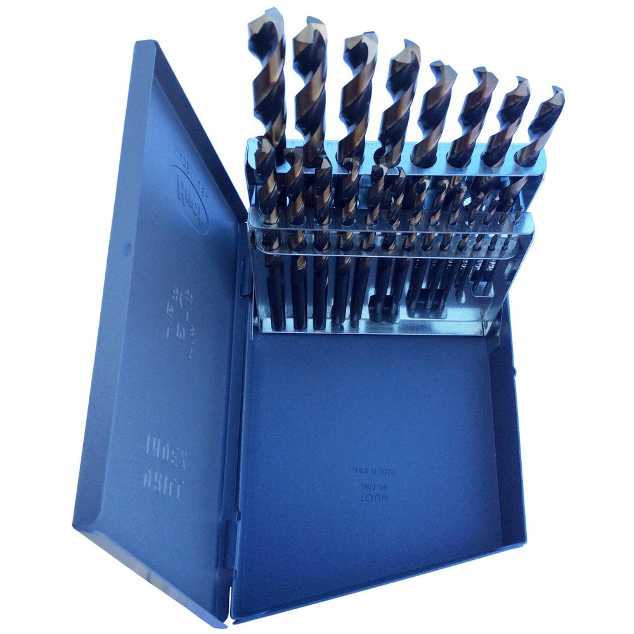
Masonry bits allow drilling into concrete, stone, brick, etc., and are typically used with a hammer drill, which hammers the bit into the material being drilled as it rotates. The cutting end of the bit is a little larger than the rest of the bit.
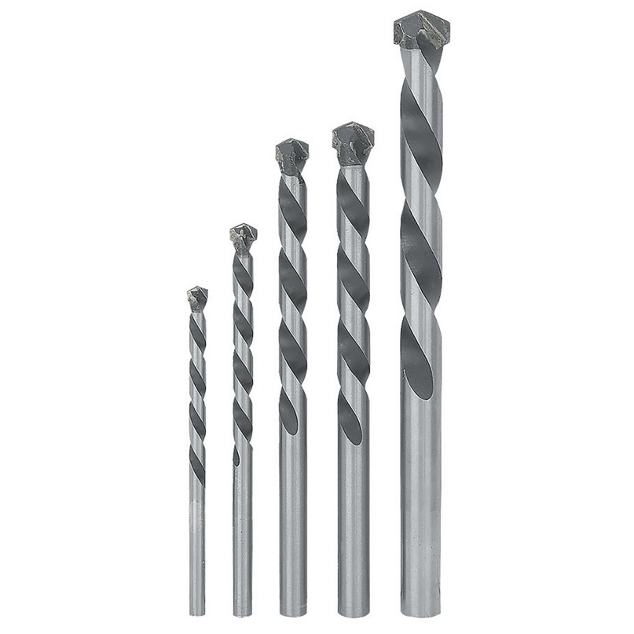
Flat bits, aka paddle bits or spade bits, are not very energy-efficient and do not leave smooth edges around the hole of the drilled material, but they are relatively inexpensive and most useful for larger boring in wood.
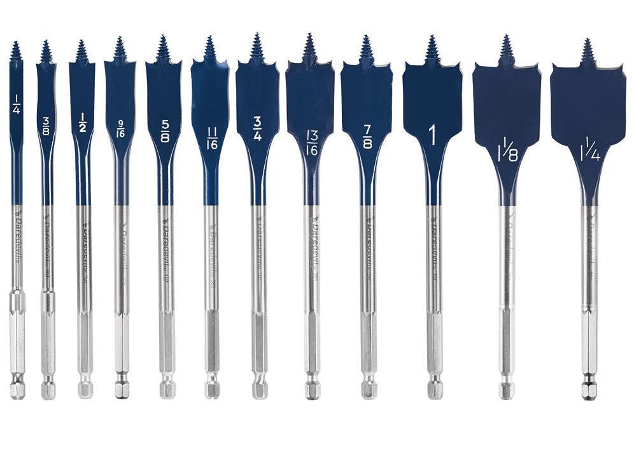
Hole Saws, are used for cutting much larger holes. The material remaining inside the drill bit is referred to as the core.
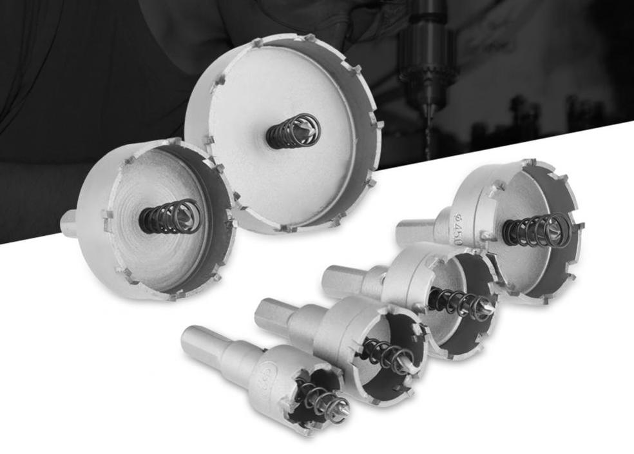
Of final consideration are SDS bits. Although the acronym SDS comes from a German phrase that translates “insert, twist, fits,” the most commonly accepted meaning is Slotted Drive System. These bits have slots along the shank which fit into an SDS drill, allowing the bit to be thrust forward by the drill’s hammer action. This back-and-forth motion increases the strength of the hammering.
There are two types of SDS bits: SDS Plus and SDS Max. SDS Max is generally for larger holes and SDS Plus are generally for smaller bits. Each of these options are generally used to cut concrete, stone, brick, etc. Shown below is a comparison of a slotted shank (left) and a standard shank (right).
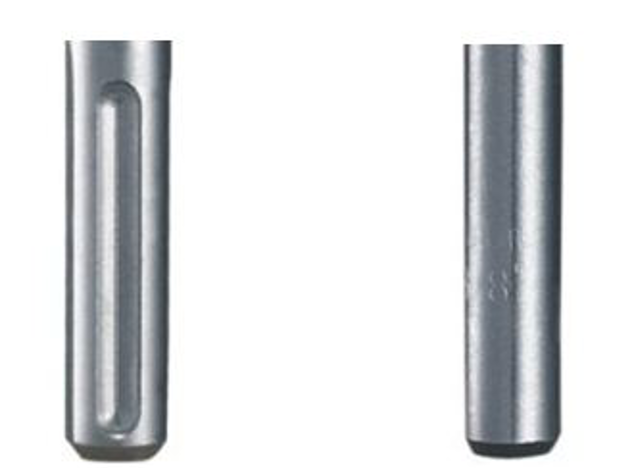
For more information about drill bits or to place an order for delivery or pickup, call your Outpost Construction Supply field sales rep or our main office at 720-979-1099.